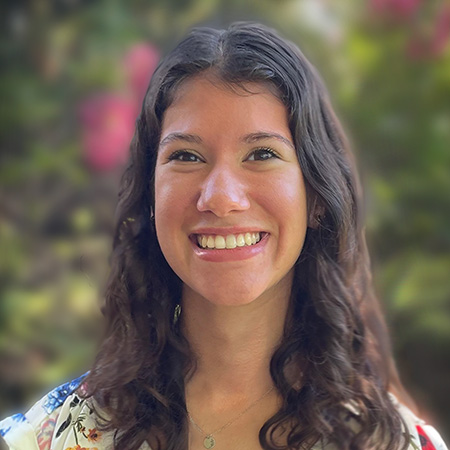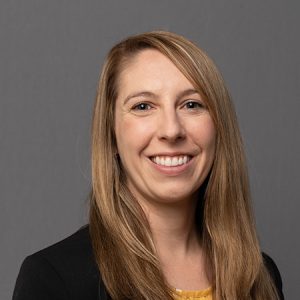June 14, 2024
A total of 17 people recently passed their national-level competency exam to gain the highest level of certification within health education after completing a preparatory course through the College of Health Sciences.
To become a Certified Health Education Specialist (CHES), one must pass the CHES exam and complete 25 relevant credit hours in health education, health promotion and/or wellness. Nationally, only about 62% of participants pass the CHES exam.
Jenna Wintemberg, an associate teaching professor in Health Sciences and Public Health, said about 80% of Mizzou students who take the CHES exam pass it — because of the eight-week preparatory course MU offers to prepare students for the test.
Most students who sit for the exam study public health or health science, but anyone who has completed the necessary curriculum can take the exam. Wintemberg teaches the class in a fully online format leading up to the exam period each October and April.
Certification through the National Commission for Health Education Credentialing helps graduates show employers that they understand the eight areas of responsibility and know how to work to improve health and provide health promotion programs. These specialists are dedicated to increasing the quality of life for individuals in their communities, saving both the community and individuals money.
The certification signifies someone is skilled in data collection, evaluation and interpretation, which provides support for their planning, advocacy and communication capabilities. CHES can work on preventive measures in behavior and environments to make them healthier through hands-on planning, such as with a public health position or by advocating for legislative action.
The following individuals passed the CHES exam this spring:
Debbie Bennett
“I’m a field specialist in nutrition and health for the University of Missouri Extension, and I also recently earned my MPH. I will use what I learned in achieving the CHES credential to continue to help communities become healthier. The CHES certification means that I will challenge myself to keep engaging in continuing education. That’s the most valuable part of the CHES credential for me.”
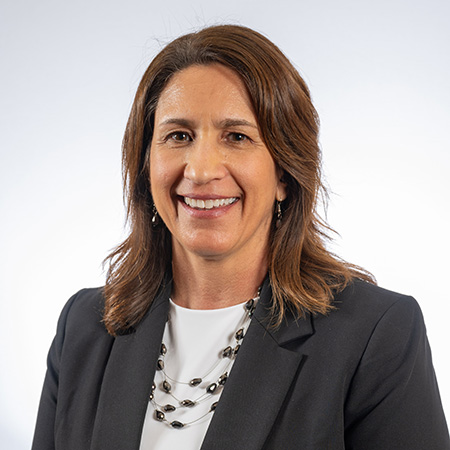
Emily Boyer
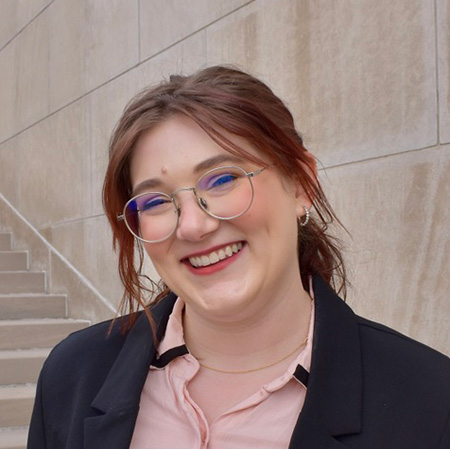
Berenice Derreza
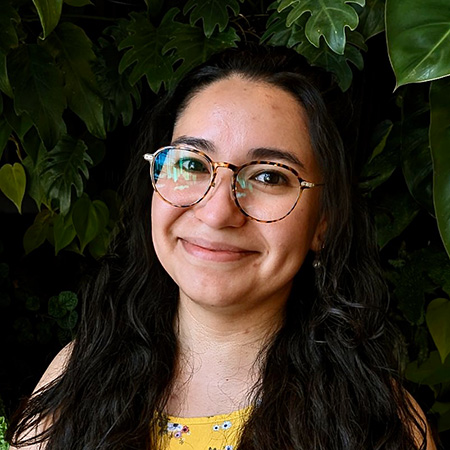
Grace Filer
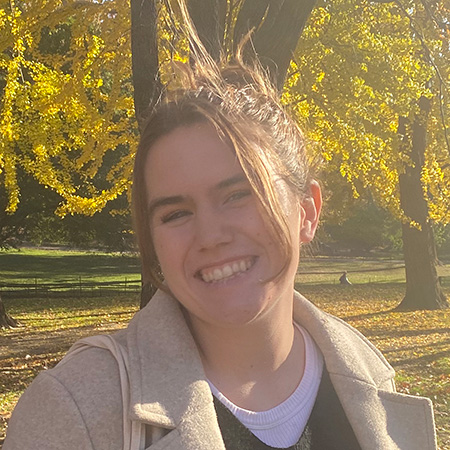
Ella Gambaro
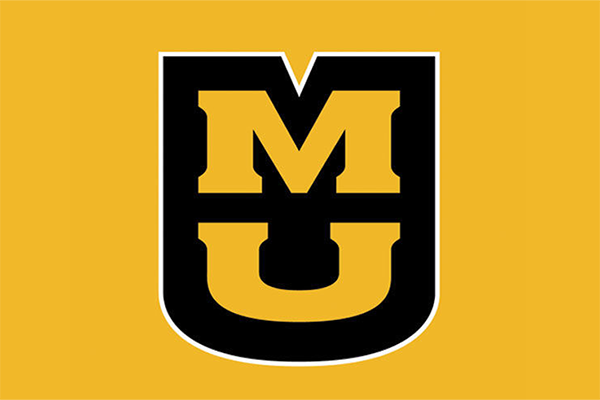
Lexie Hetzler

Reyna Houston
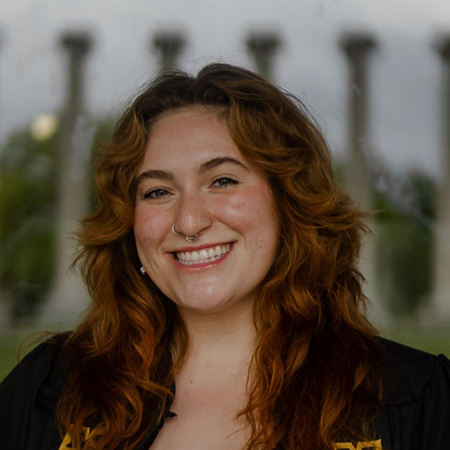
Ugonna Kanu

Mikayla Kitchen
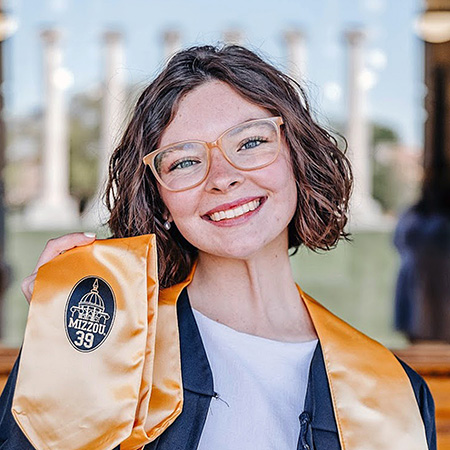
Audrey Miller
“Earning my CHES not only means that I can demonstrate my understanding of all eight areas of responsibility, but it also means that I know how to use this knowledge to better the health and well-being of my community. Within the areas of responsibilities, I learned about different planning models, resources, methods and more that I can incorporate into my health education activities.
“The CHES credential is a great fit for my current role with the Columbia/Boone County Department of Public Health and Human Services. It’s been extremely rewarding and validating to see CHES concepts being applied to real-life projects, and I am excited to continue to learn more ways I can apply my CHES skill set. I plan on getting my MPH at Mizzou, and I hope to gain more experience in various leadership roles within the health education field!”
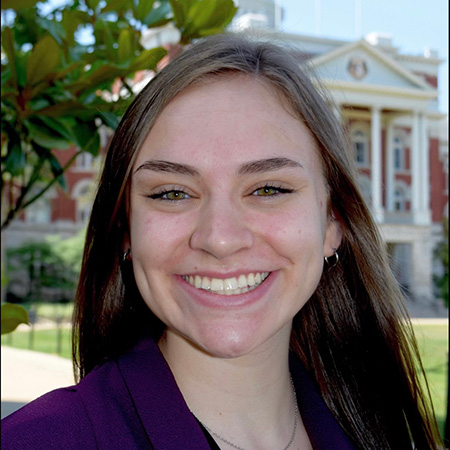
Allison Moler
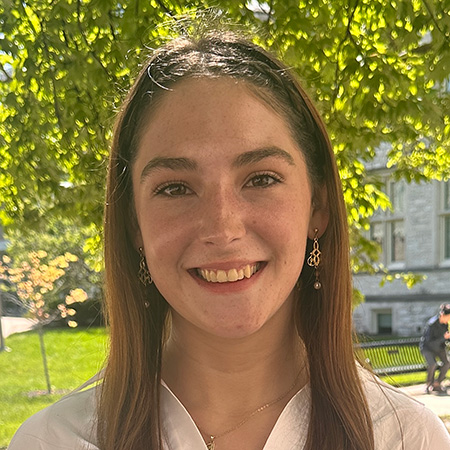
Gabrielle Picanco

Alex Selig
“My degree was in public health, and I also got a microbiology minor. I’m now working with Immunize Colorado through AmeriCorps. I am building the capacity of the Adams County community by implementing local immunization activities that will promote education and access to vaccines and primary care services! Having my CHES certification allows me to help implement these activities and provide the community with the proper educational materials for getting vaccinations. I now have the necessary tools to make these programs successful!”
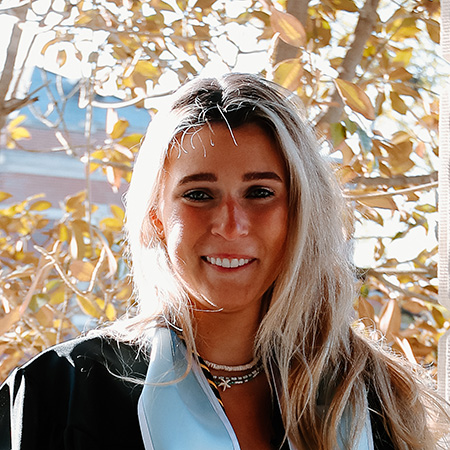
Emily Shearer

Monica Stokes
“As a health program coordinator with the Columbia/Boone County Department of Public Health and Human Services, I use my CHES credential daily. I’ll take what I’ve learned within the eight competencies and apply them when I’m interacting with the community. It has allowed me to fine-tune my skills to continue to promote healthy behaviors.
“Professionally, the CHES credential will allow me to stand out among others within the field. It shows my dedication to public health and that I will provide evidence-based knowledge in all projects/programs I am involved in. It will also help me continue to seek educational opportunities to continue to grow.”
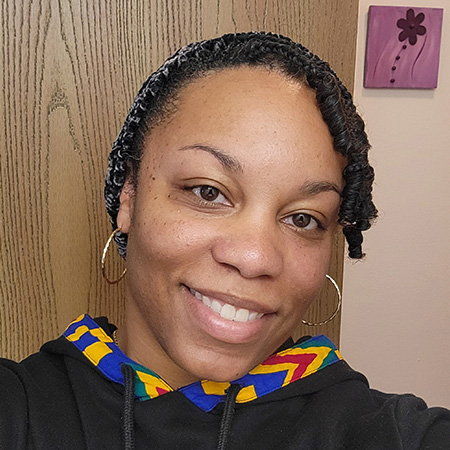
Bailee Van Deren
“I earned a bachelor’s degree in biological sciences from Mizzou and then this May finished my MPH! Jenna’s class gives students a way to dedicate time to studying. I know I am a procrastinator and without a due date it’s hard for me to be motivated to study, so I knew Jenna’s class would be that motivation.
“A couple of jobs I’ve applied for have specified CHES preferred, so knowing I have that extra qualification to stand out in the job hunt process is nice. My future plans are to be an epidemiologist — although that doesn’t require the CHES, I will definitely use it in creating materials for data dissemination.”
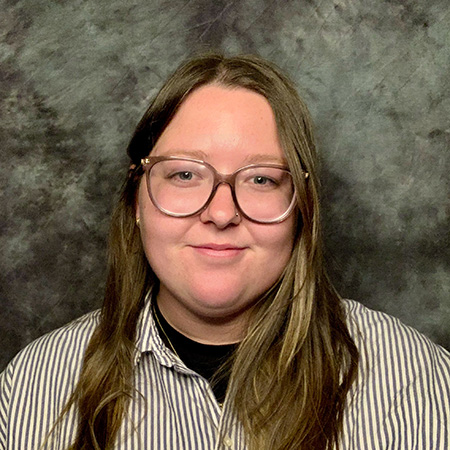
Robin Vanderbeck
